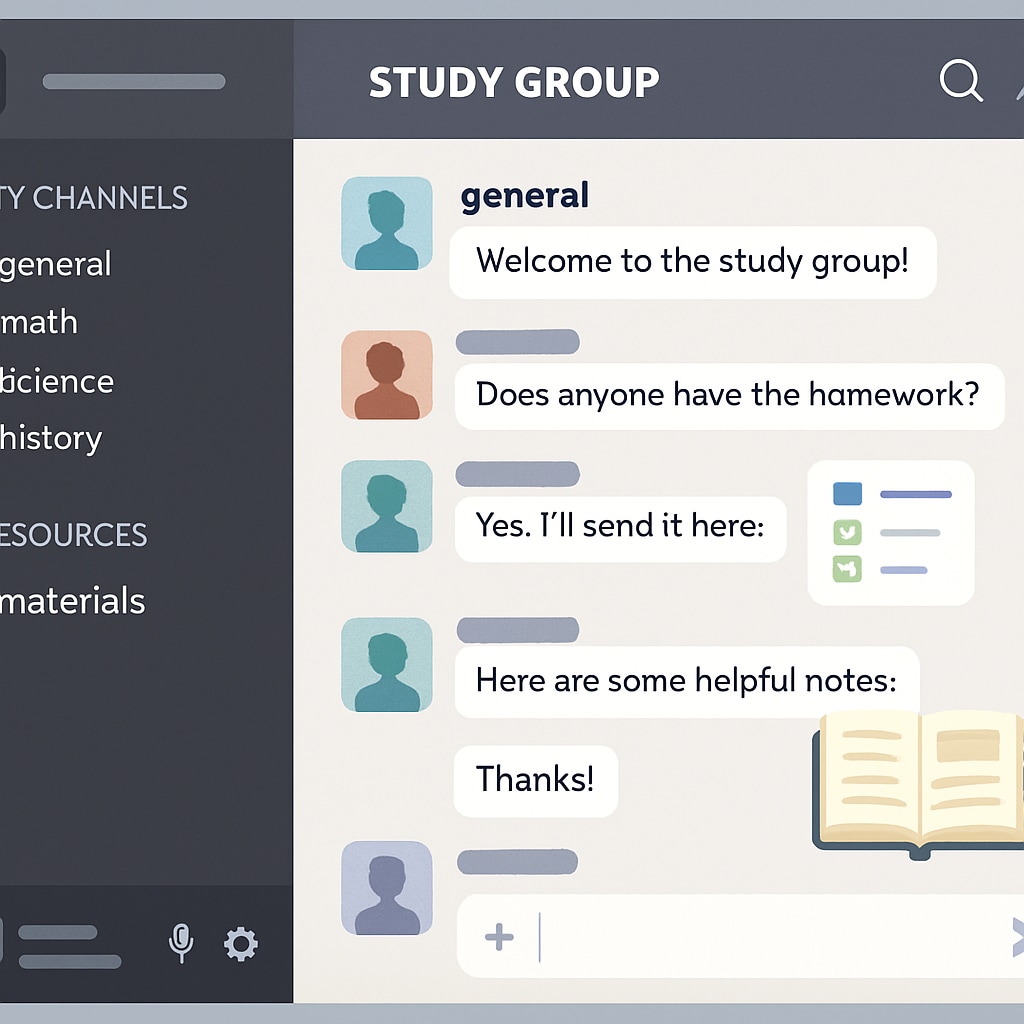For students entering higher education, building effective learning communities can make all the difference. Platforms such as Discord and study groups are pivotal in preparing students for academic success, particularly at institutions like the University of Houston. By fostering peer-to-peer collaboration and creating spaces for shared learning, these tools help students transition smoothly from K12 education into the dynamic world of university life.
The Role of Learning Communities in Academic Success
Learning communities, which involve small groups of students working together to achieve academic goals, have been shown to enhance understanding and retention of information. These collaborative efforts are especially valuable in university settings, where students often face complex and multidisciplinary coursework. The University of Houston offers a prime example of how structured learning communities can cultivate a sense of belonging while improving academic outcomes.
In addition to traditional, in-person study groups, many students are now turning to digital platforms to enhance their learning experiences. Platforms like Discord allow for real-time communication, resource sharing, and the creation of interest-specific channels. This combination of flexibility and functionality makes it a preferred choice for modern learners.
Preparing for University Life Through K12 Learning Communities
Developing the skills necessary to thrive in learning communities should ideally begin during the K12 years. Teachers and educators can play a crucial role by encouraging group projects, peer discussions, and collaborative problem-solving. These activities help students develop critical communication and teamwork skills, which will serve them well in university.
For example, students who are already familiar with platforms like Discord can seamlessly transition to its academic uses in a university setting. By learning to organize channels, manage roles, and participate in discussions, they can leverage these skills for collaborative projects at institutions like the University of Houston.

How the University of Houston Supports Learning Communities
The University of Houston offers a variety of resources to support learning communities, both in-person and online. Academic support centers often facilitate small study groups, where students can connect with peers in the same courses. Additionally, the university encourages the use of digital tools like Discord for course-specific discussions and group projects.
One notable initiative is the university’s focus on peer mentorship programs, where upperclassmen guide newer students through academic and social challenges. These mentorships often lead to the formation of informal study groups and long-term friendships. By fostering these connections, the University of Houston helps students feel supported throughout their educational journey.

Tips for Building Effective Learning Communities
Whether you are a K12 educator or a university student, here are some practical tips for building and maintaining effective learning communities:
- Define clear goals: Establish the purpose of the group, whether it’s to master a specific subject or prepare for exams.
- Use the right tools: Platforms like Discord offer flexibility for both synchronous and asynchronous communication.
- Encourage active participation: Every member should contribute ideas and feedback to ensure a balanced dynamic.
- Monitor progress: Regularly review the group’s objectives and achievements to stay on track.
- Celebrate successes: Recognizing milestones and accomplishments keeps the group motivated.
By implementing these strategies, students can create thriving communities that not only enhance academic success but also foster lifelong learning habits.
Conclusion: The Long-Term Benefits of Learning Communities
The journey from K12 education to university is filled with challenges, but learning communities offer a roadmap for success. Platforms like Discord and initiatives at the University of Houston demonstrate the power of collaboration in achieving academic goals. For educators, the takeaway is clear: fostering group-based learning in the early years equips students with the tools they need to thrive in higher education and beyond.
In the end, learning communities are more than just a tool for academic excellence—they are a stepping stone to personal and professional growth. By embracing these communities, students can unlock their full potential and build connections that last a lifetime.
Readability guidance: This article uses short paragraphs, clear headers, and lists to enhance readability. Active voice and transitions like “in addition” and “for example” are used throughout to maintain a smooth flow.


